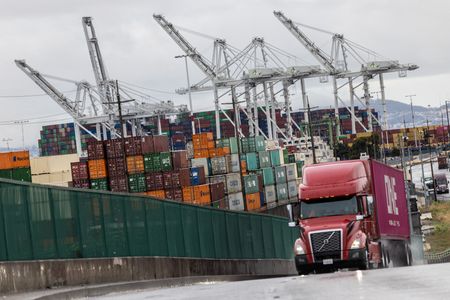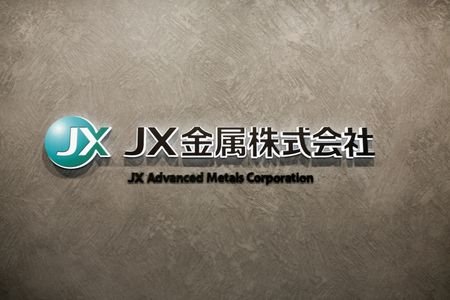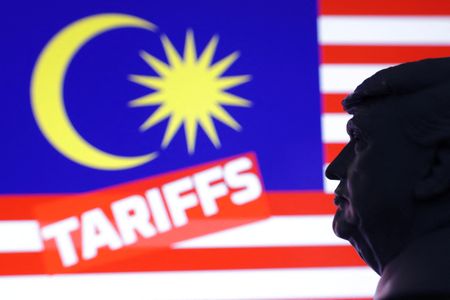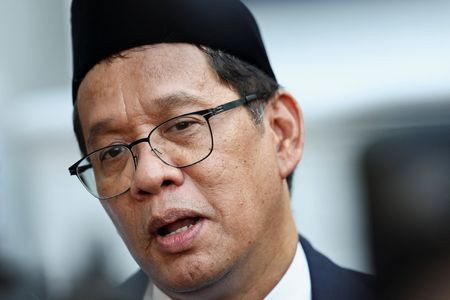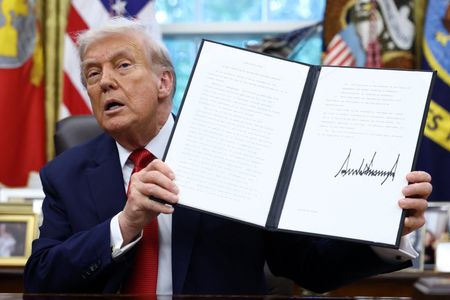By Chen Aizhu
SINGAPORE (Reuters) -Asian trading firm Cathay Petroleum has agreed an annual deal marketing Brazilian crude oil in the Asia-Pacific region for independent producer Prio, a trading executive with direct knowledge of the deal said.
The deal to market 110,000 barrels per day of oil for Rio de Janeiro-based Prio marks an expansion in the trading portfolio for Cathay Petroleum, which turned around nearly 300,000 bpd of crude last year.
The trading executive declined to be named because the deal was not public.
The agreement took effect around June and has not been previously reported.
Hong Kong-incorporated Cathay, an active physical crude oil trader, has recently made two high-profile hires to expand its business.
Cathay Petroleum declined to comment.
A Prio spokesperson said the company does not comment on its commercial relationships.
However, the spokesperson said Prio’s crude oil production was set to exceed 200,000 bpd next year thanks to the start of production at the Wahoo field and the completion of its acquisition of a 60% stake in the Peregrino field from Norway’s Equinor.
Last year, Prio reported production of 100,000 bpd.
Prio, which specialises in reviving mature oilfields, has grown production through a string of acquisitions since it was established a decade ago.
These include taking full ownership of the Wahoo field previously owned by TotalEnergies and BP and the purchase of a 40% stake from China’s Sinochem Group in the Peregrino field operated by Equinor.
Prio’s production is mostly heavy crude grades, some with high viscosity such as those from the Peregrino field, said the executive.
Peregrino crude is a heavy, high-viscosity oil with an API gravity of 14.3 degrees and 1.63% sulphur content, according to Equinor’s website.
Similar to Canada’s new TMX export grade, heavy Brazilian grades are welcomed by Asian refineries with more sophisticated processing units that can produce higher-value fuel from the relatively cheaper feedstock, trading sources said.
Cathay Petroleum, founded by a former Chinese state oil trader, employs a dozen crude traders in Singapore and London, making it one of the biggest crude trading desks among independent trading houses.
(Additional reporting by Marta Nogueira in Rio de Janeiro; Editing by Florence Tan and Kate Mayberry)


